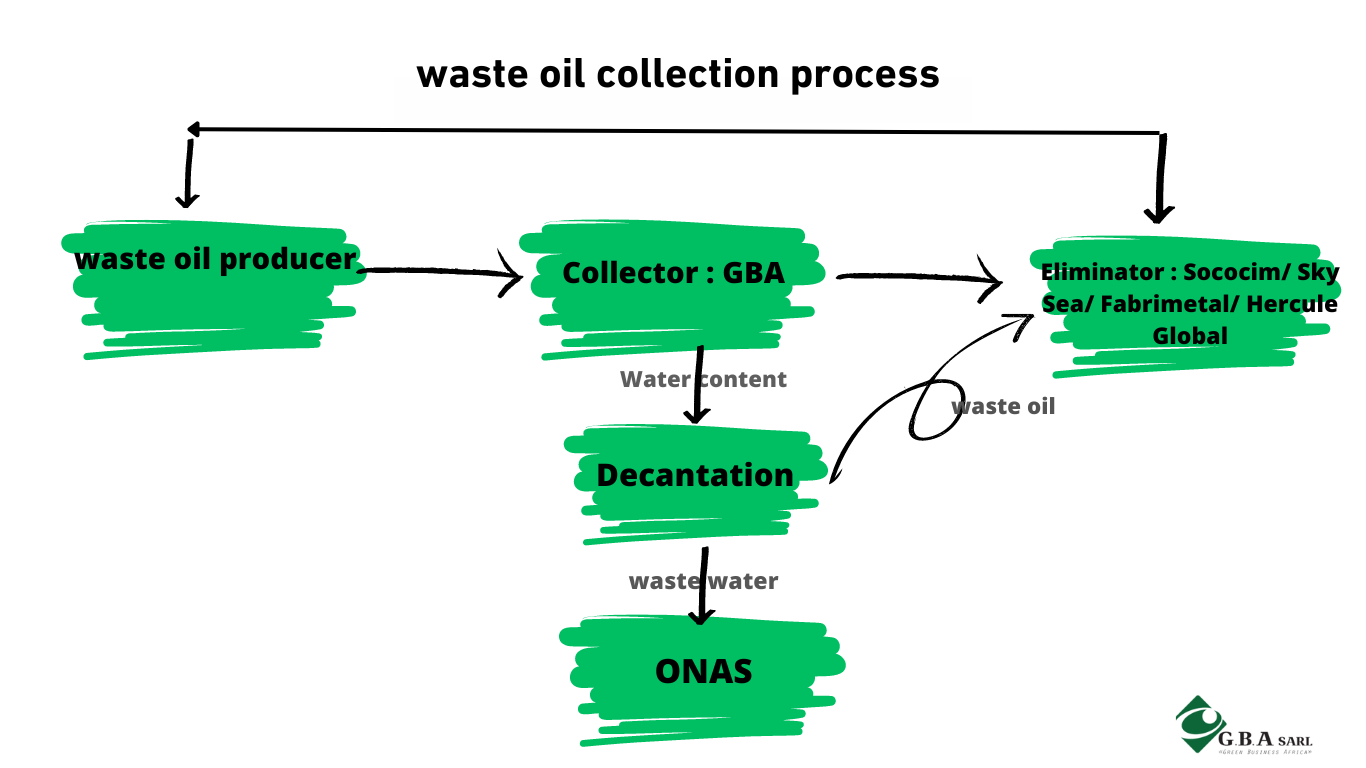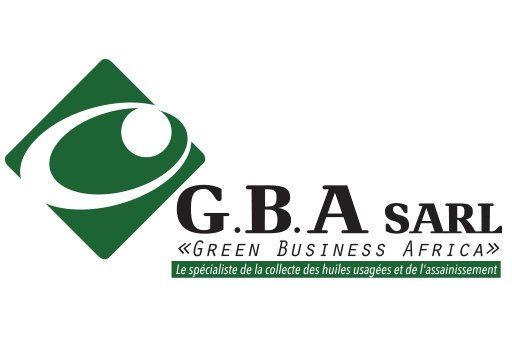Used oil and hydrocarbon waste collection
Used oil and hydrocarbon waste collection
Having a plot of 1 500m2 in East Rufisque for his facilities for storage, pre-treatment of oils and incineration of solid waste, Green Business Africa have a logistics composed by oil trucks and vacuum trucks.
GBA SARL is organized around 02 activities hubs:
POLLUTION CONTROL HUB
It includes activities related to fight pollution in all its forms; whether it is accidental or chronic, as well as the management of waste generated by human activities. This includes, among others:
- The collection of used oils and sludges;
- The pumping and evacuation of petroleum products following pollution;
- The pumping and cleaning of sanitation networks.
VALORIZATION HUB:
It includes activities related to the valorization and recycling of products considered until now as waste but which today have true value. This includes, among others:
- The treatment and valorization of oily waters;
- The incineration of soiled rags and the destruction of oil drums and filters:
- The treatment of industrial sludges;
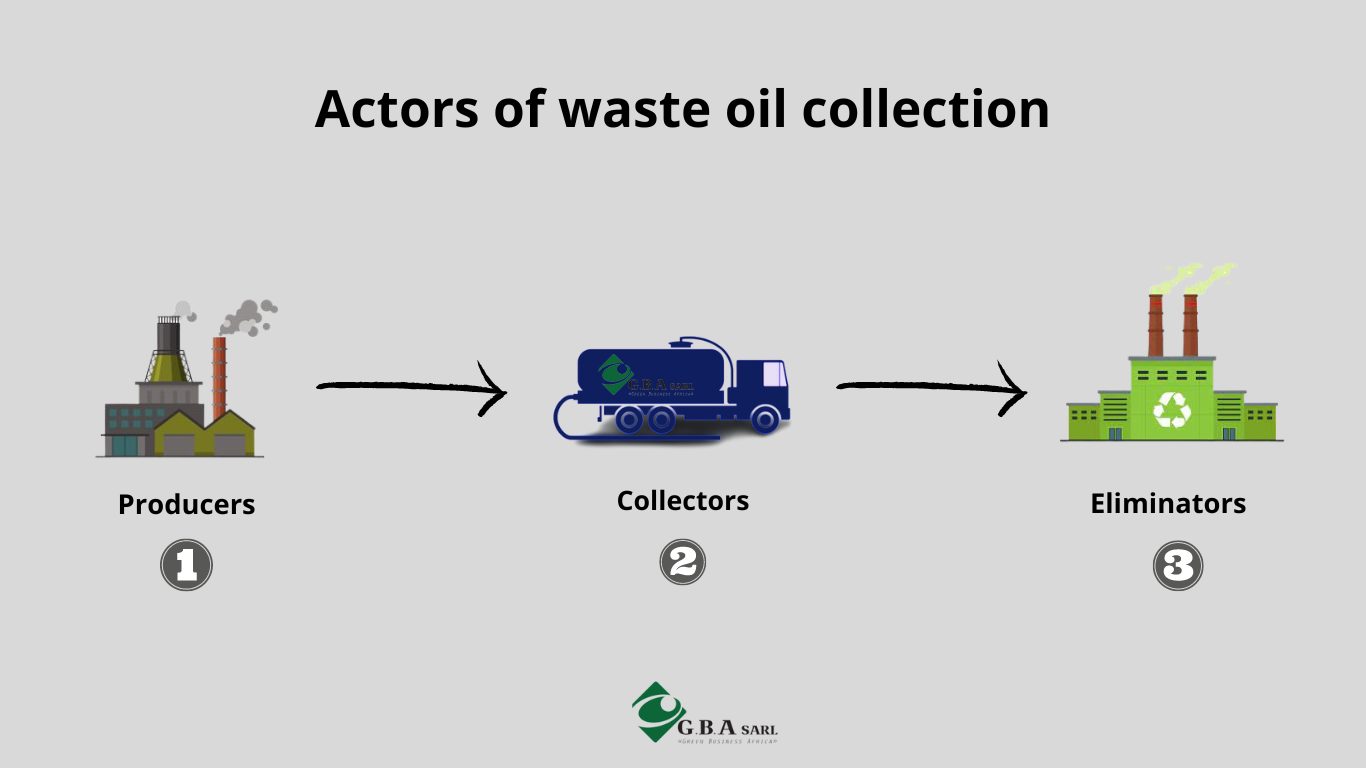
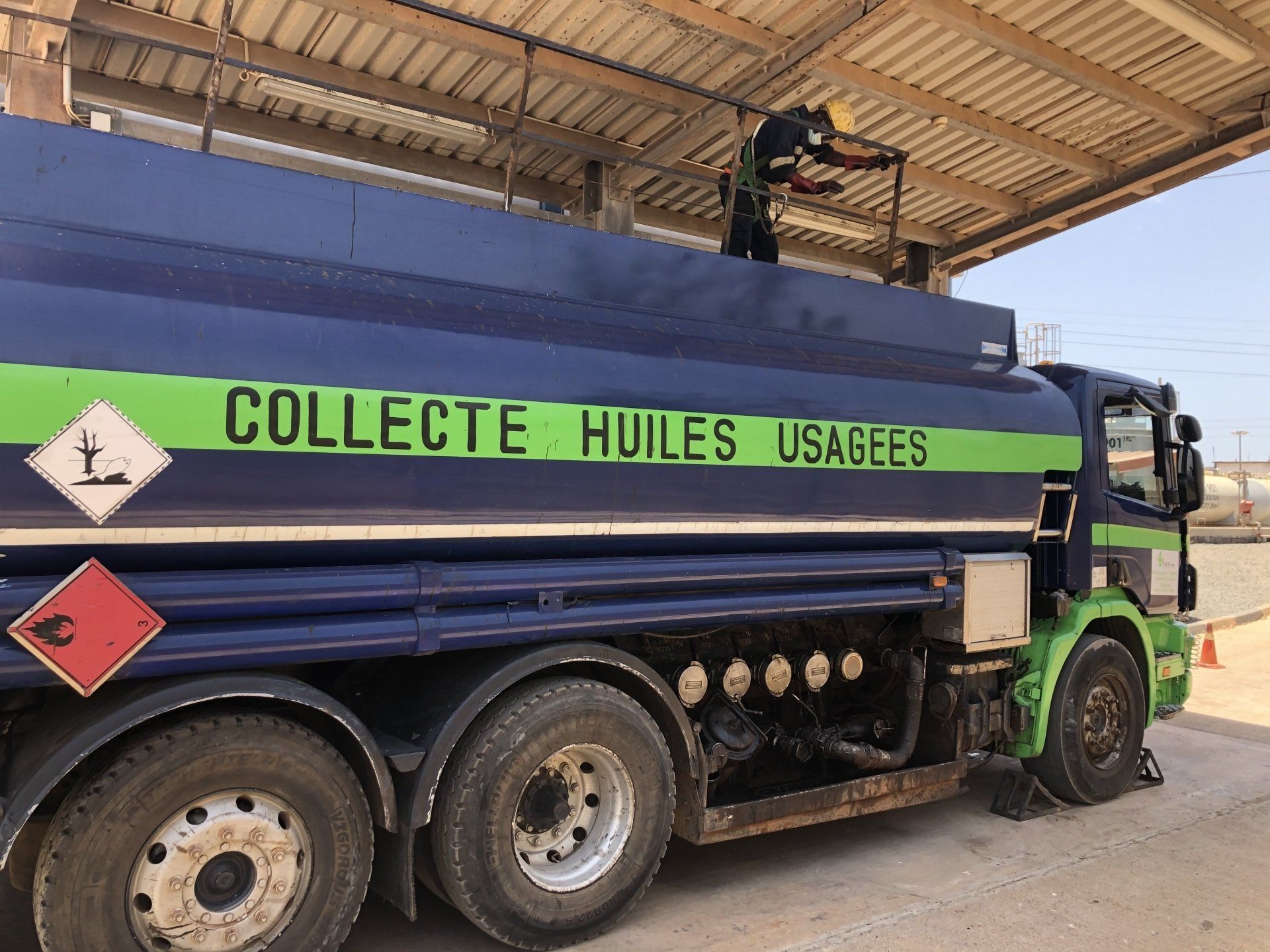
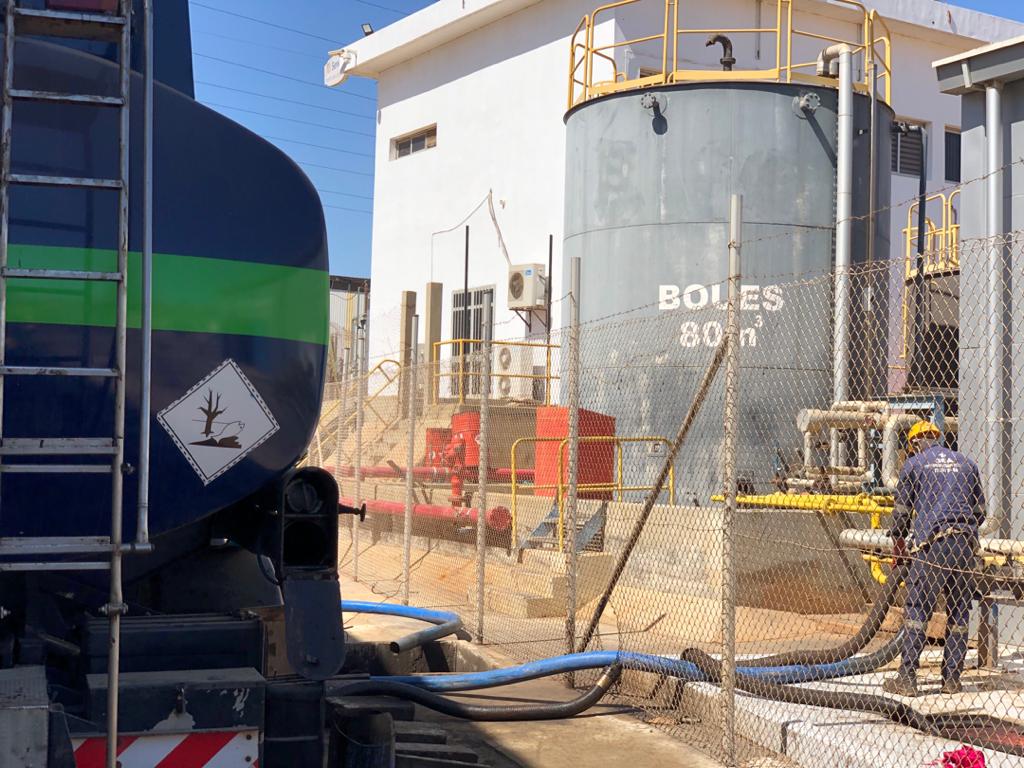
Used oil management process by GBA Sarl
Definition and composition of used oils
Used oil is mineral or synthetic oil that has become unfit for its originally intended use.
Used oils are hazardous waste. They contain numerous elements that are toxic to health and the environment: heavy metals, organic acids, phenols, aromatic polycyclic hydrocarbons (PAHs)...
In short, these used oils are not very biodegradable and must be recycled by approved companies. Like all hazardous waste, oils must not be disposed of down the drain or in the environment: 1 liter of oil can cover 1,000 m2 of water, preventing the oxygenation of underwater fauna and flora for several years.
ACTORS IN THE SECTOR
The players in the sector are the holders or producers of used oils, the collectors and the eliminators, who are subject to a series of obligations set out in Inter-ministerial Order no. 9311 of October 05, 2007 on the management of used oils.
1 - Holders
Holders must collect used oils from their facilities and store them in satisfactory conditions of separation, avoiding in particular mixtures with water or any other non-oily waste (solvents, coolants, etc.). They are required either to hand them over to an approved collector, or to transport them themselves, with a view to handing them over to an approved eliminator, or to ensure their own elimination, provided they hold an approval.
2 - Collectors
Collectors are responsible for collecting, grouping and transporting batches of used oil from a number of different holders to disposal sites. To operate, collectors must hold a collection authorization.
Once the oils have been collected, the collectors are obliged to hand them over to approved eliminators.
To ensure traceability, collectors are required to :
- Draw up a collection slip indicating the source, quantities and type of oil collected, as well as the full name and signature of the collector at the time of collection.
- Each month, send a collection slip from the approved disposal company, indicating the tonnage, quantity and type of oil received.
3 - Disposers
In Senegal, the Inter-ministerial Decree on waste oil management authorizes two types of waste oil disposal: Energy recovery and regeneration.
Eliminators are all natural or legal persons who operate a used oil processing facility, or who meet the technical conditions required for energy recovery in their classified establishment.
The term “eliminator” covers both the regeneration of oils and their energy recovery using the incineration or co-incineration technique, at a temperature of at least 1,400°C.
In Senegal, the Inter-Ministerial Decree on waste oil management authorizes two types of waste oil disposal: Energy recovery and regeneration.
4- GBA Sarl's waste oil collection process
